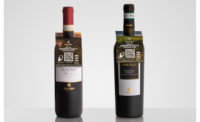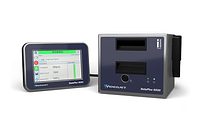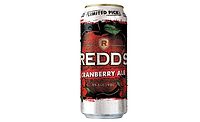It’s not uncommon to hear mainstream media toss around phrases like “a new era” or “the next frontier.” The frequency of their usage can sometimes fall upon deaf ears; however, members of the beverage market should not ignore these phrases when it comes to latest in food and beverage labeling laws.
In May, the Food and Drug Administration released the new Nutrition Facts label. Among the changes include bolder and larger type for calories, serving size as well as changes to nutrients required. However, the biggest impacts will be an update to the serving sizes to reflect the amount that consumers typically will consume as well as including an Added Sugar section under the Total Sugars section.
Many beverage-makers already have updated their serving sizes, but the added sugars will be a new component. Brand owners will have until July 26, 2018, to comply with the requirements, while beverage manufacturers with less than $10 million a year in sales will have an additional year.
However, this isn’t the only labeling change likely to impact beverage-makers. In July, the U.S. Senate and House passed national GMO-labeling legislation. As of press time, President Barack Obama had not signed this legislation into law.
According to an Associated Press article, the law will require most food and beverage packages to carry a text label, a symbol or an electronic code readable by smartphone that indicates whether the product contains GMOs. The Department of Agriculture will have two years to write the new rules based on this legislation, the article added.
But just like the proactive nature of the beverage market, brand owners already are embracing change. The Beer Institute announced a new initiative to encourage its member companies to display specific consumer information on their products, packaging or websites.
The Brewers’ Voluntary Disclosure Initiative states beer companies will voluntarily include a serving facts statement on products, disclose ingredients on either the labels or secondary packaging via a list of ingredients, and provide a reference to a website with the information or a QR code, the association says.
Among the companies agreeing to this standard are Anheuser-Busch, MillerCoors, Heineken USA, Constellation Brands Beer Division, North American Breweries and Craft Brew Alliance.




